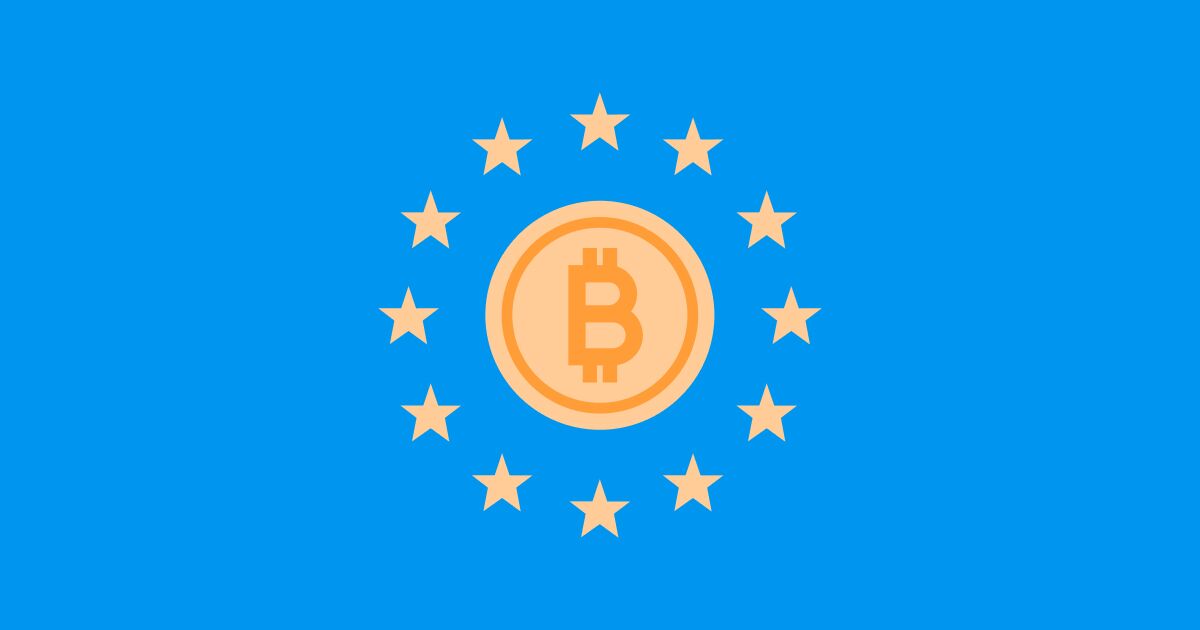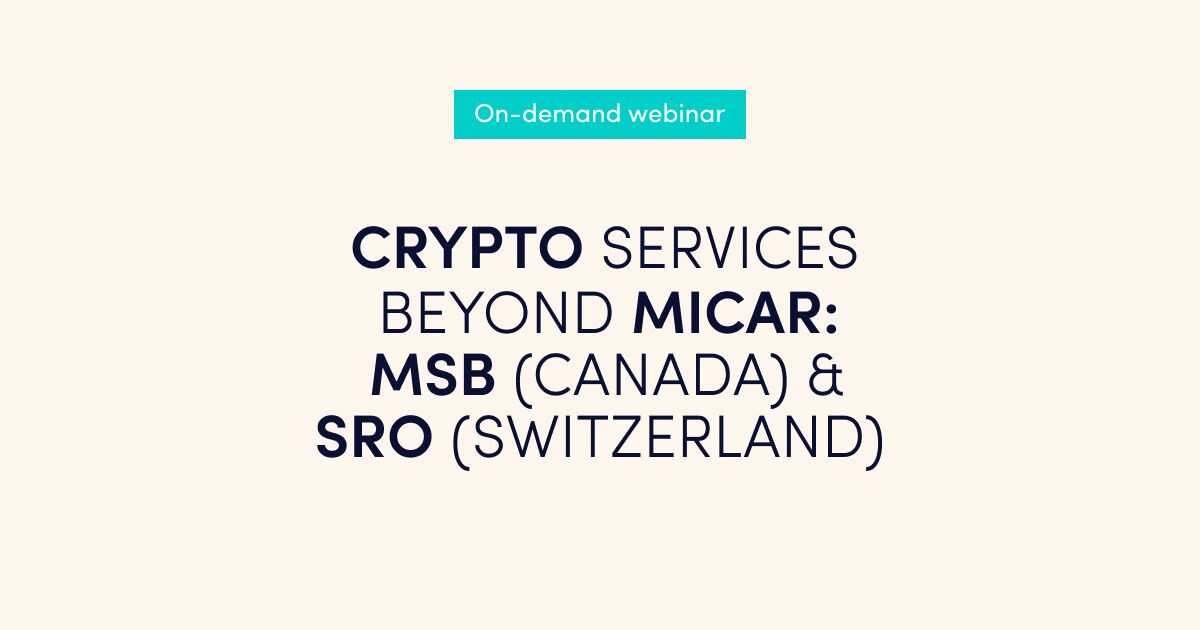To keep our business ahead of the game, we have analysed different new events, regulations, developments and partnerships in fintech and banking and come up with six trends happening in the next eight months you should certainly keep in mind.
You can also read about the trends in 2022 in this article.
Fintech trend #1: Backing down with Fee-free banking
When it comes to banking, the fee trend generally moves in one direction, and it is up. We are seeing many early signs that banks and fintechs are changing their approach to their fees.
Some banks have already announced that they are planning to charge customers for interbank payments or increase fees for payments and account opening. Fintech companies and digital banks also continue to review their commissions.
For example, the digital bank Revolut hikes fees for card users. It has not only introduced fees for international money transfers when customers are sending funds outside the SEPA, but also increased fees for ATM withdrawals for its million-plus customer base. Besides, Revolut has announced that they will also plan to charge for the card delivery starting from April 23rd 2021.
Fintech trend #2: New developments of Open banking
We may expect radical developments in the open banking space. Open banking is a revolutionizing technology that brings fintech and banking together and enables data exchange across institutions. Fintech markets in the UK and Europe have become crowded than ever before with AIS and PIS services providers, and we predict that they will reshape the traditional banking industry as we know it.
Open Banking is not a European initiative anymore. More and more countries like Hong Kong, South Korea, Australia, Singapore, Japan, India, Brazil, the United States, and the United Arab Emirates are becoming Open Banking friendly. Some of them have already developed their Open Banking regulations, some of them in the process of building their Open Banking ecosystem or adopting an organic approach to open banking. Because there are no global API standards, there are some challenges to process international transactions across countries. To create better, more inclusive access to Open Banking on a global scale, there must be a single API worldwide.
We can see that traditional payment providers like banks seek ways to cooperate with fintech companies and integrate more innovative services and functionalities. J.P.Morgan is an excellent example of innovative banking. In partnership with Marqeta, the bank now offers a virtual credit card to their corporate customers. On top of that, Visa has just introduced the Partner Connect programme to develop partnerships with fintechs on the rise in digital payments.
Even though there are quite a few banks that cooperate with fintechs, there are still many traditional players in banking that are reluctant to build partnerships with fintech companies. The hurdle of Open Banking regulations has made it difficult for fintechs to get into banking and adopt the technology. One of the reasons why it happens so is that third party providers are kept out of the Open Banking because of resource limitations and uncompromising regulatory requirements.
Considering all the market potential the industry has today, we hope that it will change, and regulatory challenges will be flagged and addressed.
Fintech trend #3: Crypto revolution
The Bitcoin value has skyrocketed in recent months in the investment space. Other digital currencies have made a come-back and now share the spotlight. For example, the value of the second largest cryptocurrency Ethereum has set new heights and surged by 750% over the last year. Meanwhile, Bitcoin has risen by 600%.
There are other revolutionary trends will impact the crypto world.
Decentralised Finance (Defi) is one of the most sought-after trends. This is a pool of financial applications based on crypto and blockchain technology and used worldwide across banking, insurance, and other financial services.
Take one example that is part of Defi – Yield Farming offers its users to maximise returns by locking up their crypto assets and, in turn, earning interest, crypto coins and tokens.
Another trend is Non-Fungible Tokens (NFT). These are digital assets that spans both tangible and intangible assets like music, art, virtual real estate and even virtual sneakers. NTF data are unique and non-exchangeable, thus it ensures that users can verify the authenticity of these digital assets.
Ultimately, there is Polkadot or blockchain of blockchains that enables blockchain networks to operate together seamlessly. Meaning that, it is a multi-chain ecosystem that allows you to move any type of data across any type of blockchain.
Fintech trend #4: Expansion of Banking-as-a-Service platforms
Banking-as-a-Service (BaaS) industry has become crowded with many different players and is set to become a US$7.2 trillion industry by 2030. There are recent signs of serious BaaS momentum. Leading banks including BBVA and JPMorgan Chase have already ramped up significant investment into the unique API-type models, and Goldman Sachs has announced its own new BaaS portal for developers.
Fintech trend #5: Stepping up fight against anti-money laundering
December 3rd 2020 was the day when the 6th AML Directive was introduced in European law. It has been set out that all EU members and their organisations must implement these regulations by June 2021. The 6th AMLD aims to close the gap of domestic legislation and harmonise the definition of anti-money laundering across EU member states. The new directive also focuses on predicate crime as the list of financial crimes has been expanded covering a wider range of activities not listed in the previous directives.
Fintech trend #6: Focus on cybersecurity
It is no surprise that because of the COVID-19 pandemic, the numbers of fraudulent activities have significantly increased. Due to the pandemic, we have faced an unprecedented disruption that cybercriminals have heavily exploited and attached to financial institutions. With the recently introduced Open Banking, we are more concerned about security, privacy, and fraud in banking and fintech. Open banking has magnified the impact of breaches and cybersecurity incidents as well. To fight financial crime, banks need to implement new security measures and diversify the ways our financial data are stored. To protect data, more and more companies store their data on on-premise and cloud platforms and implement machine learning to identify all kinds of fraudulent activities across their network and platforms.
Advapay is a technology company providing the Digital Core Banking platform to empower fintech clients or digital banks to start their businesses and accelerate digital transformation. The platform delivers all essential functionalities, a front-to-back system and a set of tools to customise and bring new integrations. With Advapay, potential and existing customers can connect either to the cloud-based SaaS or on-premise software. Besides the technical infrastructure, the company provides business advisory and fintech licensing services. Interested to learn more, please drop us a message.








